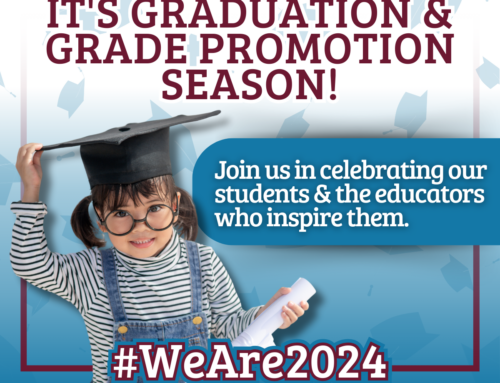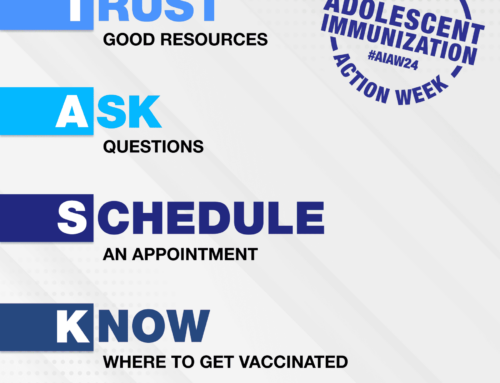
We are reminded by NAEP that schools matter and that they matter most for those with the least. NAEP has also told us that kids’ learning is impacted by the multitude of challenges they face. The illnesses and deaths, the loss of employment within the family, and the uncertainty, in general, have affected many kids’ well-being.
Over the past two years, an emphasis has been placed on teachers, counselors, and administrators to be active public health associates. They needed to track, who was sick, who had been exposed, and when each would return. They also had to track who received which lesson and when and how it was received.
We have seen widening gaps in who has access to the needed technology to be effective virtual learners. And, with the teacher shortage, teachers with planning periods often lost them to fill in where a teacher was required due to illness or a shortage.
We have also lost other essential parts. We have lost professional development in teaching and learning. We have also seen K-12 schools that have eliminated having student teachers in their buildings. And, we have lost the professional-to-professional exchanges that typically occur at professional meetings.
Yet, we have also gained. There is a greater flow of information between homes and schools and a greater awareness of how to foster parent and educator engagement. We have also been reminded that schools are the center of many communities – and not just for sporting events (which are important), but more and more for their role in providing vital sources of information on well-being and resources, including food and vaccinations.
So, what do we do next? Simply going back isn’t an option. We want and need to move forward.
Yes, we will need to look at increasing student services, including tutoring time, and make greater use of individualized learning. We will need to focus more on student well-being and provide more time for educators’ professional learning. We will also need to strengthen the student, teachers, and family relationships, and boost school, family, and community engagement. All of this and more will need to be combined with the resources of funding, time, and professionals with the knowledge, skills, and continued commitment to helping children learn.
Yes, NAEP reminds us that schools matter, and we must understand that moving forward is done by learning from the past, not repeating history. It is time for expanded engagement, integrating technology in a meaningful and deliberate way, and expanding professional learning, all with a continued focus on what’s most important, the kids.
Written by Richard Long, Ed.D., Executive Director, Learning First Alliance




